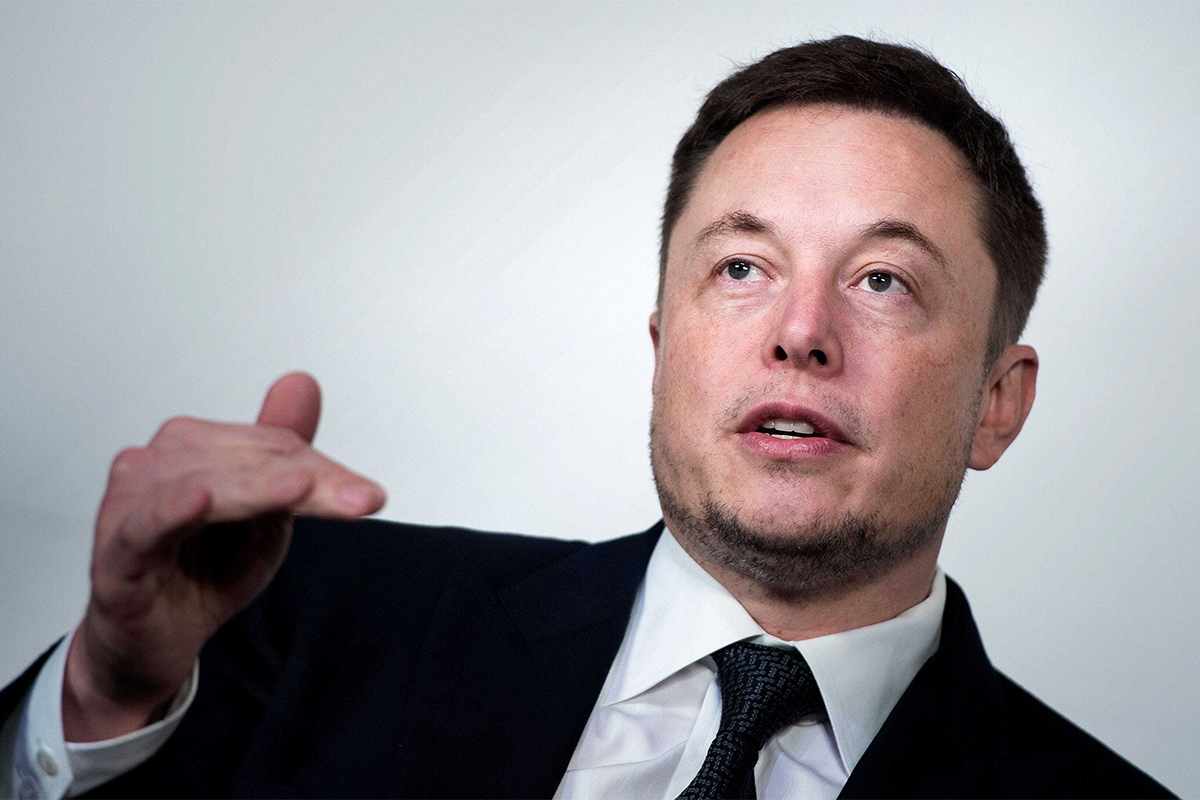Areal-life science-fiction-like drama is in the making. Elon Musk is the chief feeder of the blue bird, we know. He recently tweeted about imminent “population collapse” on Earth. If you are a billionaire like Musk, you can indulge your imagination not only in forming ‘Starbase’ – a new city at SpaceX’s launch facilities in Texas, but also on the Red Planet 140 million miles away: “Make life multiplanetary! #Mars”.
Elon Musk’s SpaceX wants to land humans on Mars by 2026, although the first humans are not due to arrive on a NASA-funded rocket until at least 2033! Well, NASA is also on a mission to build a colony in the Red Planet – Louisiana’s 18-year-old girl Alyssa Carson is already under training to become the ‘first human’ to walk on Mars.
Advertisement
“We need to go from these early exploration missions to actually building a city,” says Musk whose dream is known to date back to 2016. And he continues to maintain that there is a “great need for people” on Mars. Earlier this year, Musk had also tweaked his Twitter bio to “Technoking of Tesla, Imperator of Mars.”
‘Imperator’ is a word used to describe an emperor or chieftain in ancient Rome. But, why Mars, or in outer space, in general? In fact, he wants “to help establish a selfsustaining city on Mars to ensure the continuation of life (of all species) in case Earth gets hit by a meteor – like the dinosaurs or WW3 happens and we destroy ourselves.”
Well, Musk knows that colonizing Mars would require a fleet of reusable spaceships, a vast investment of capital that may never be recouped, brave pioneers willing to die in the adventure, and eventually a resident population. In the next 10 years, SpaceX is hoping to build 1,000 ‘Starships’ – reusable spaceships – being built by the company in South Texas. Musk now hopes to send a million people to Mars by 2050.
Thus, Musk’s real-life sci-fi would comprise a city of one million living on the surface of Mars under glass domes, as portrayed in James SA Corey’s series of novels ‘The Expanse’ or in the television series developed by Mark Fergus and Hawk Ostby, based on the series. But, how would the economy on Mars run?
“Yes. There will be a lot of jobs on Mars!”, Musk tweeted. The economics of establishing an extraterrestrial colony is never clear. Some experts such as John Hickman, a Professor of Political Science at Berry College in Georgia, however, find severe economic flaws in Musk’s Mars colonisation plans. How will the settlers make money on Mars that can be spent back on Earth?
Specially labour, capital, technology, and even the atmosphere to breathe, has to be brought from Earth to establish and run economic activities on Mars. A costly investment indeed! What would be the currency of exchange on Mars? Also, not to miss that Mars would have no locational value other than as s destination. Not everybody is excited about Musk’s passion for Mars though.
Senator Bernie Sanders, for example, said, “Space travel is an exciting idea, but right now, we need to focus on Earth and create a progressive tax system so that children don’t go hungry, people are not homeless and all Americans have healthcare. The level of inequality in America is obscene and a threat to our democracy.”
There is no doubt that there are many followers of such ideology in the US as well. And do people – especially Americans – who blindly follow Musk in crypto-madness, agree with him? Can Musk find a sufficient number of potential Martians, provided a safe journey is ensured? Well, a midJuly report of a YouGov RealTime survey conducted between May 7 and 10 says that even with a safe trip guaranteed, about three-quarters of Americans are not interested in going to Mars for the remainder of their days.
Given the opportunity to travel to Mars safely and become one of the first humans to live on the planet in a colony for the remainder of their life, 62 per cent of Americans were not interested. As many 13 per cent did not respond. While 31 per cent of males showed interest to live on Mars in a colony, the percentage is 20 for females. Also, Musk may find more younger Americans ready to take part in his Mars mission.
But, isn’t it more than enough for Musk to find one million potential Martians? How seriously are Musk’s aspirations taken by Americans? They are truly divided: 45 per cent think it is likely within their lifetime, while 42 per cent don’t think it is likely to happen. As one might anticipate, younger Americans are more optimistic about this – about 60 per cent in the agegroup 18-34 think this will happen, while 29 per cent are doubtful.
About two years ago, on the 50th Moon Landing Anniversary in 2019, YouGov conducted a similar Realtime survey among Britons, where 43 per cent wanted to take the trip to the Red Planet if given the opportunity and a guarantee of safe return, whereas 48 per cent would turn it down. About 56 per cent of Britons, however, thought it unlikely for them to live to see it.
Naturally, the proportion was large (72 per cent) for the 55+, and it was 34 per cent for the age-group 18- 24. Understandably, people are hesitant and doubtful. But all these surveys were done under the assumption of a guaranteed safe journey to Mars. However, even Musk himself is aware of the risks of such travel once the Starships are ready for use.
He emphasized for people who might want to join the project: “This is a very hard and dangerous, difficult thing, not for the faint of heart. Good chance you’ll die, it’s going to be tough going, but it will be pretty glorious if it works out.” So, these surveys would fail to depict the exact enthusiasm of the people. In the meantime, Elon Musk’s blue bird would keep tweeting about a crypto colony on the Red Planet.
(The writer is Professor of Statistics, Indian Statistical Institute, Kolkata)











